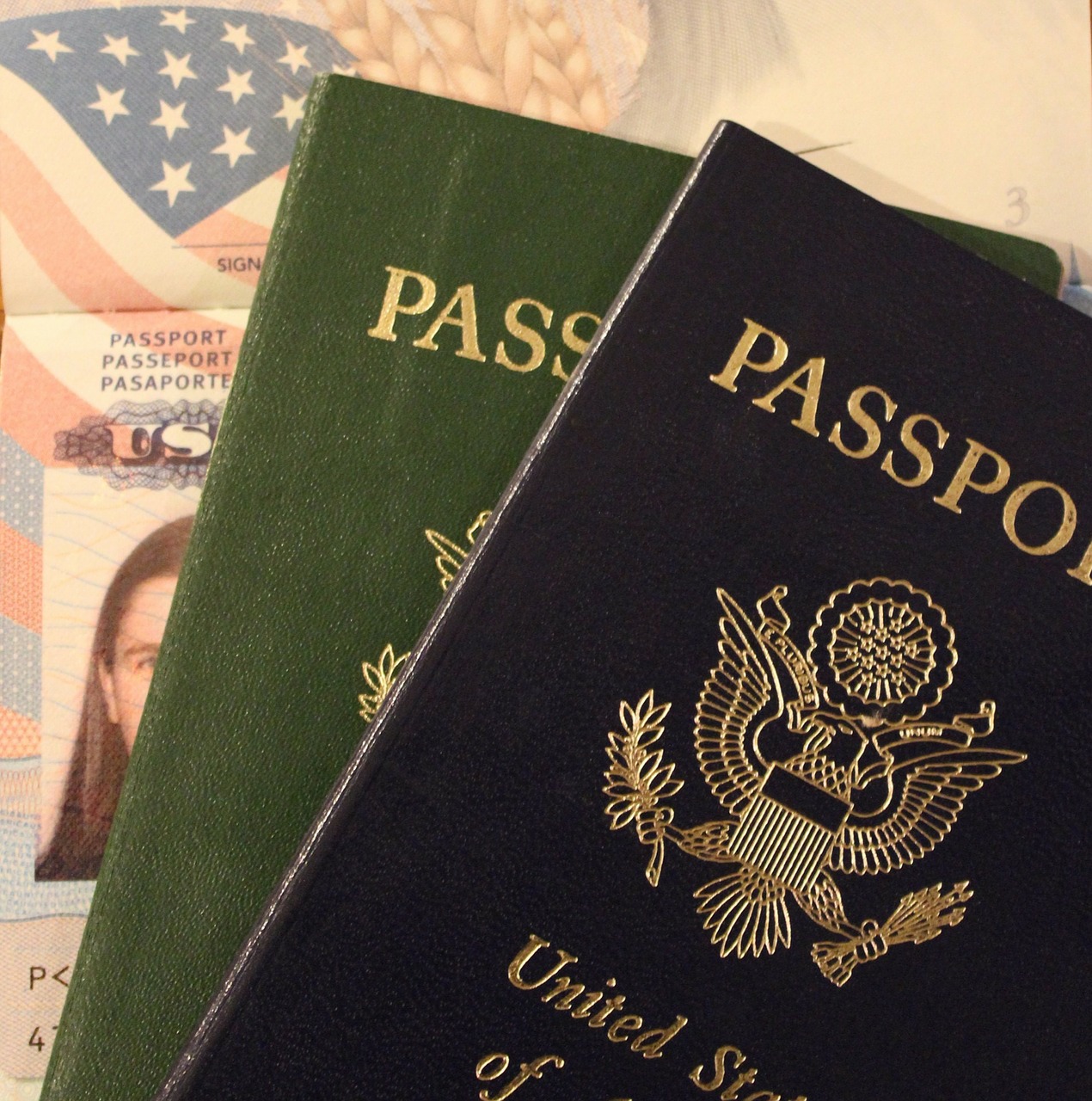Fiyaz Mughal runs a project called Tell Mama, which receives £214,000 a year from the Government to monitor anti-Muslim attacks in Britain. In the wake of Drummer Lee Rigby’s murder, he has been understandably busy.
The media, especially the BBC, have accepted the claims without question. A presenter on Radio 4’s influential Today programme stated that attacks on Muslims were now “on a very serious scale”.
Talk of a “massive anti-Muslim backlash” has become routine. And it is that figure issued by Tell Mama – of, to date, 212 “anti-Muslim incidents” since the Woolwich murder – which has formed the basis of nearly all this reporting.
The unending “cycle of violence” against Muslims, the unprecedented “wave of attacks” against them from strangers in the street, the “underlying Islamophobia in our society” – all turn out to be yet more things we thought we knew about Woolwich that are not really supported by the evidence.
Although the service says its caseworkers “carefully handle each report as it comes in, to determine whether it can be verified and justified as an anti-Muslim incident”, Mr Mughal admitted that a further 35 of the 212 post-Woolwich incidents, or 16 per cent, had yet to be verified. He justified publishing the figure, however, saying he expected that all but a handful of incidents would be verified.
Fewer than one in 12 of the 212 “incidents” reported to Tell Mama since Woolwich – 17 cases (8 per cent) – involved individuals being physically targeted. Six people had things thrown at them, said Mr Mughal, and most of the other 11 cases were attempts to pull off the hijab or other items of Islamic dress.
Perhaps the most serious manifestation of anti-Muslim feeling after the killing was a number of attacks on mosques. These are believed to total 11, though here again evidence for a “wave of violence” is lacking. With only two exceptions, a mosque in Grimsby into which firebombs were thrown and another one in Essex where a man entered with a knife, all the incidents were relatively minor, such as window-breaking or graffiti.
According to the Charity Commission, there are between 1,100 and 1,500 mosques in the UK, so the number attacked is less than 1 per cent.
What the data broadly show, in short, is that Drummer Rigby’s killers have failed. The breakdown in community relations has not come. There has been a rise in incidents, but it appears to be very short-term, overwhelmingly non-violent and even then almost entirely at the lower end of the scale.
Yet this is not a message the Islamophobia industry wants heard, now or ever. Two months before the Woolwich killing, Tell Mama was already claiming that anti-Muslim incidents were “rising”, on the basis of reports made to its service. But at that point it had only been going for a year, so it had no previous figures to compare.
What evidence there is simply does not support the claims. There is anti-Muslim hatred in Britain, and it is disgraceful. But nearly all the evidence shows it is diminishing. In 2009 there were 368 anti-Muslim crimes in London; in 2012, there were 337. In the first 11 weeks of 2013, there were 64 crimes, equating at that point to 303 across the year, though the Woolwich attack will drive that up.
Broader political developments suggest a country increasingly at ease with Muslims. In 2009 the main anti-Islamic party, the BNP, had 55 councillors. Now it has two. The number of Muslim MPs doubled at the last election, some elected for entirely non-Muslim seats such as Bromsgrove, Gillingham, or Stratford-upon-Avon with no backlash whatever.






